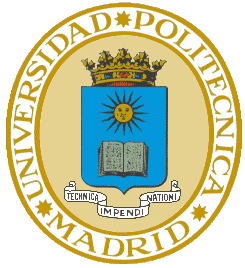The Technical University of Madrid was founded in 1971, from the merging of different technical schools, although its origins date as far back as the 18th century and the reign of King Carlos the Third.
Originally established to teach architecture and engineering in the country, the institution has grown rapidly and is now home to over 41,000 students. It comprises 21 separate schools based on four campuses across Madrid, with its Moncloa Campus denoted as an 'International Campus of Excellence’, a distinction that acknowledges the quality of its research and teaching activity.
While the university’s courses have grown and adapted over the years to align with changes in industry, the institution has retained a strong technical focus and boasts several strategic partnerships with professional bodies and external research centres.
At the forefront of technical research, it lays claim to a number of specialist research centres of its own, including a solar power institute, a laser centre and institute for automobile research, while its engineering schools are consistently ranked among the best in Europe.
With a vibrant multicultural environment, students are encouraged to undertake one of the 400 study abroad programmes it has with higher education institutions in Europe and globally.
The 'double degree' programmes the university has in place also affords its engineering students the opportunity to attain a degree at an international university by combining their studies.
Madrid is a popular destination for students owing to its affordability in comparison to other European cities (money transfer service TransferWise ranks it the 118th cheapest city in the world to live in). As well as being the political, economic and cultural centre of Spain, it is also a relatively safe city, which is both lively and relaxed, modern and historic, offering students unparalleled access to art, nightlife, food, fashion and a dry climate.



